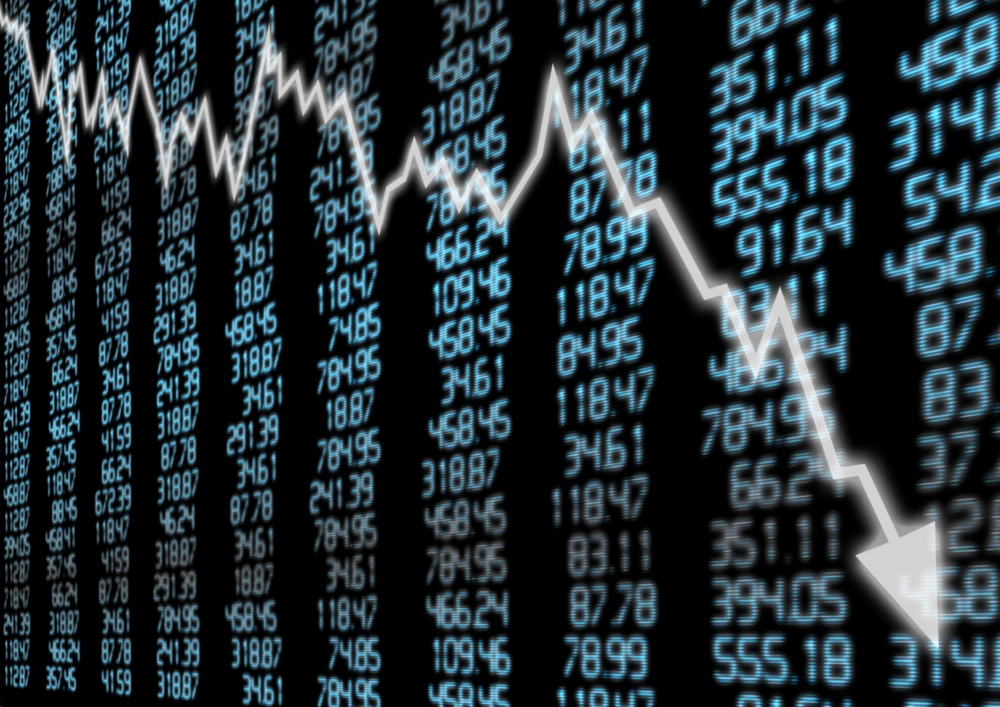April 2022: After a virus pandemic and an invasion of a European country, the world enters a fuel crisis that drags down the weakest economies. Globalization has multiplied the collateral damage, shooting up the indices that reveal the seriousness of the moment. Many millions of people are encountering serious problems in obtaining basic products such as food, medicine or even drinking water. It is very hard for me to think that what I am writing describes a real situation and is not a literary fiction. In some way, almost all of us who belong to the working classes have suffered some consequence of this crisis that is just beginning.
First came electricity prices, rising sharply, then came fuel prices, reaching prices unimaginable only a year ago. The rise in the cost of fuel triggered the prices of transport and those of industrial production. Suddenly the prices of products as humble as bread, cereals or fruits became more than 20% more expensive. That was just the beginning. Absolutely everything has become more expensive, shooting up price indices constantly beating records. We want to believe that this senseless escalation is going to end at some point and we don’t stop to think that in the best of cases inflation is going to rise alarmingly. Oblivious to the storm, we try to do our routine in a world that is crumbling in our wake.
Times of crisis are also times of opportunity (so they say). Those who lived better before the crisis will also be the ones who fall first. At the risk of getting deep, I think the real reason for all this chaos is not the invasion of Ukraine or the pandemic. Not even the scarcity of natural resources. No. The reason behind this chain of failures is our conception of the world, especially our role as humans. It is not the first time that humanity has failed around an unfortunate idea. Economists know very well that the great crises since that great Wall Street crash in the 1920s have occurred because our inertia and unconsciousness have collided with harsh reality. We insist on setting ourselves ambitious and stupid goals thinking that if they endured the past years, they will also be able to endure the future years.
As we cling to the lies that we transform into truths, we are joined by new suckers who believe that there is also a place for them in that supposed paradise. But paradises are very fragile, especially those that only exist in our imaginations and in our account books. It is a matter of time before they end up bursting, ruining the lives of all those who were foolish enough to believe that they were firm and were not smart enough to give up at the first evidence of the catastrophe.
I think we are fools if we live through crises without learning the lessons they give us. The most important lesson is that there is no single path to success. The second most important is that those paths are narrow and difficult, that they are made of sacrifices, defeats and courage… Especially courage and resistance. Having a goal is the only important thing. Knowing what we want and not what they say interests us is vital.
As long as there is electricity to power computers and a basic need of society that we can satisfy, we will have a goal and hope. The time has passed for those who thought they knew what was best for us. The crisis will take their products from the shop windows to the garbage. In the end, people will continue to need to eat, enjoy, love, have fun and feel unique. That happiness will not be given by a charlatan even if he pays for many advertisements in the newspaper. If we are able to appreciate the value of the simplest things, we will know how to value what we really want. Only then will the crisis have served for something positive.






